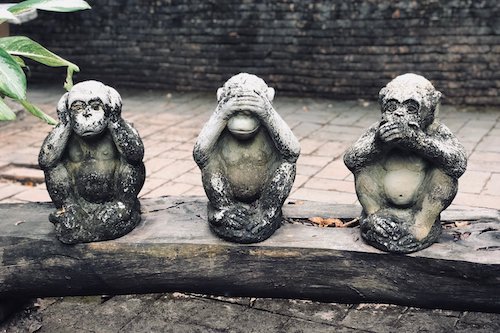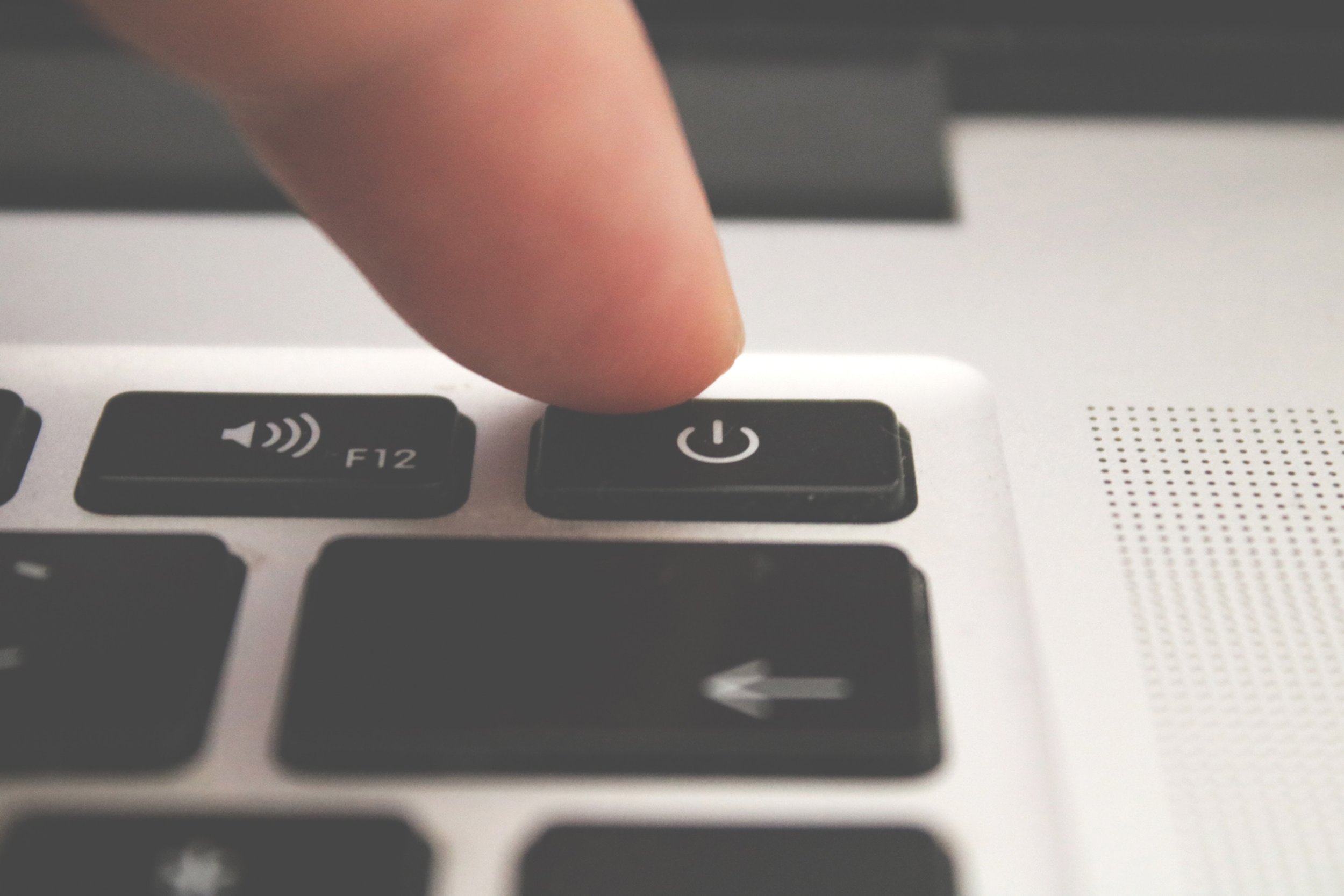Attitude to money impacts career freedom. A true story and lessons learned.
Our attitude to money and financial considerations have a huge influence on our ability to change career or to design our work differently to how we've designed it in the past.
In this guest article by the lovely Sue Marshall, she tells her story of career change with a focus on how her attitude to money had the ability to both keep her stuck and set her free.
Sue Marshall - a career re-design story with a focus on attitude to money.
My historical attitude to money
I’ve never really been focused on making money. It just wasn’t that interesting to me.
I’ve always been motivated by working with people that inspire me and doing a job that excites and challenges me.
I felt that I was incredibly lucky to be able to get paid for working incredibly hard, doing work I enjoy.
That’s not to say I’m financially unaware – I’ve always maintained a tight grip on household expenses to ensure that the basics are covered. But let’s just say I just didn’t have a very extensive financial vision!
I knew I wanted to be mortgage free by 50 but that was about it.
Neither my husband nor I come from money, so – once we’d covered the bases, we were pretty blasé about spending.
We both had final salary pension schemes and a ‘survival’ fund of a year or so, so we felt quite virtuous.
Until, that is, things changed. The gap from the point our funds ran out and normal retirement date became gradually more terrifying.
Mind the Gap…
When you know something’s not quite right you can bury your head in the sand, or you can make something different happen.
I was worn out.
All that working incredibly hard had taken its toll.
So, I became an ostrich. I continued to work stupidly hard because I had no ‘off switch’ – but my heart was no longer in it.
On the odd occasion I did lift my head and ask myself, ‘What on earth are you doing?’ I remembered The Gap, thought: ‘you’ve just got to keep on going!’ and carried on.
The Fear
I’ve never felt fear like it.
It was paralysing.
I just kept telling myself to set it aside and keep on powering through. I knew I was hurting myself but I couldn’t stop.
The Moment of Clarity
After a very busy week, I went to see my personal trainer full of aches and pains to see if she could help me loosen up. She sent me to see my doctor.
After a lengthy series of blood tests, examinations and scans I was diagnosed with stress, anxiety and appendicitis.
An appendectomy followed.
As I was coming around, I remember being delighted that I didn’t have to do anything remotely useful for weeks: that was so not me!
It was right then that I realised something had to give.
Reaching out when opportunity comes knocking
My lucky star hadn’t completely deserted me: whilst I was convalescing, I received an offer to cash in my final salary pension scheme.
A friend recommended a financial advisor who helped me work through that idea and I went ahead: yes, I would lose money on the deal, but it would allow us flexibility over the next 10 years or so.
It probably took a good five months or so to really understand our financial position and our options – my financial advisor became my best friend! If you don’t have one, I suggest you find one, or be prepared to learn about pensions, tax, investments….
Knowledge was the key to reducing my fear
Looking back, I can see that the fact that I didn’t understand our financial position at all was keeping me in that state of fear.
When I learned that I could move my final salary pension to somewhere more flexible...the fear reduced enough to allow me to start to really track our spending!
What I discovered
I discovered that WE COULD MANAGE!
Yes, it was a big shock to understand how much we spent on birthdays, Christmas, food and drink. Also, the ‘hidden’ costs of kids who we thought had left home!
But the biggest discovery was that we could balance things.
And we also have a financial model we can play tunes on:
What if the stock market tanks?
How much CAN we spend?
What if my husband retires this year, next year, at 65?
Can we survive if my business makes a loss this year, next year?
When will the money run out if we spend x, y or z annually?
We now have a lovely warm feeling about every penny that we bring in because we can now see how it will help us live a little differently.
What I learned that may be useful for others in similar situations
Although it’s terrifying at the beginning, becoming more aware of financial patterns, spending and the potential impact of decisions actually reduces the fear
Understanding your run-rate/cash-burn is super important so you know how long your savings and investments will last and how/when/if you can access your pension.
Go looking for the gaps: the more uncomfortable, the more important it will be for you to address them.
For those with partners: initiating dialogues with your other half is important! This one is a bit embarrassing: my grip on the family finances was pretty well total, so the fear was all mine as well. The knowledge and the fear are now shared and everything is so much easier now we make joint decisions.
We’ve been transparent throughout with our kids. They have both benefited from the experience – our daughter (25) works, lives and SAVES in London and our son (22) is now fully accountable for his finances in his final year at Uni. (I can’t tell you what a relief that is!)
What I know for sure:
Knowledge about our finances gave me my power back. It allowed me to understand that we have many more viable options than I thought we did. My husband and I have conversations with a deeper understanding of our financial position. For instance, if one of us wants to retire sooner than we had planned we can talk through the impact and make decisions together. We now know how different our lives could look under a variety of circumstances.
We now collaborate in financial decisions more than ever and we’ve happily curtailed our spending in all sorts of ways. We even tell one another before we buy clothes now! Our decisions are linked in a way that they haven’t been in the past.
Changes in me
Whilst I wouldn’t wish that period of my life on anybody, in many ways it’s been a gift. I’m back to being me – and I look after myself these days: I haven’t got to please people or dilute myself to fit in. Financial knowledge has been key to reducing my fear, allowing me to be objective and helping me make decisions that ultimately freed me.
I’ve also changed my money mindset: I value it more and have respect for the opportunities it can open up. I’m more grateful for the things I have, and my ability to pause to consider what I really want has increased.
I’m still working on the ‘off switch’ but I’m more able to stop and smell the roses and appreciate things like a walk in the woods rather than delivering to deadlines which are self-imposed these days.
But most importantly, I’m back doing work that I love in a way that feels like me!
If you liked this, you might like these:
A failed attempt at early retirement prompts a re-think, and a novel idea emerges (Dana’s story)
When big change isn’t financially possible…yet! (Jarlath’s story)
Designing the midlife exit plan when all you want to do is press the “eject” button. (Dara’s story)





